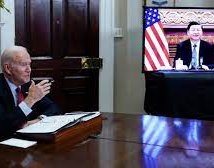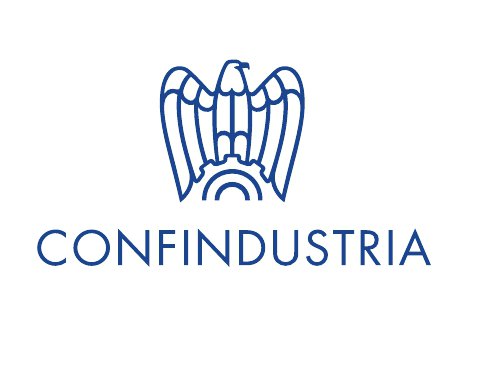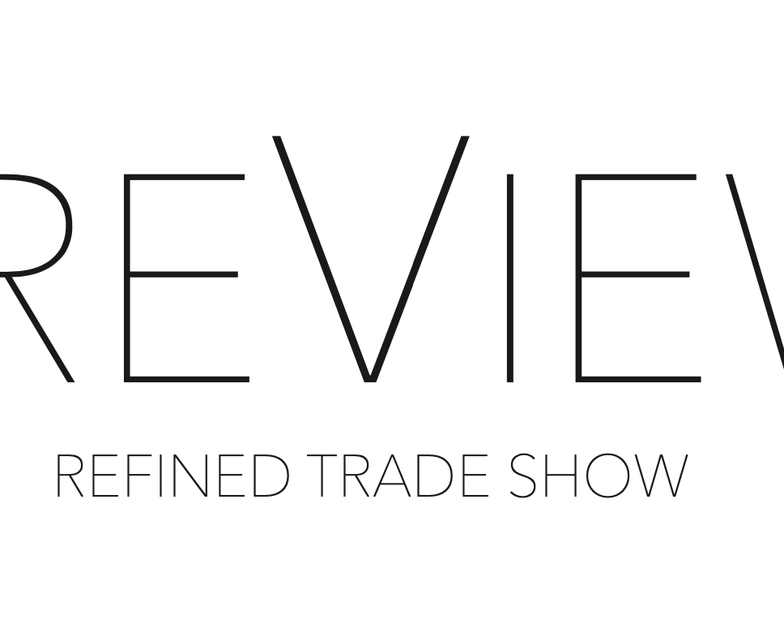US. companies have paid more than $150 billion in Trump tariffs on China-made goods since the Section 301duties first went into effect four years ago, according to trade statistics from U.S. Customs and Border Protection (CBP). What the Biden administration will do about duties is up for debate. [America’s Paying $140-Million-a-Day Tariff Bill – SJ]
cent reports suggest that President Joe Biden is still considering slashing duties to combat pressures pushing prices up at retail. Earlier this week, Commerce Secretary Gina Raimondo told the Wall Street Journal that Biden “is trying to balance the benefit to inflation from cutting the tariffs against potential harm to U.S. labor.” Raimondo said her office has told the White House “there is merit” to a limited rollback on certain items not made in the U.S.. “It all depends on exactly how it is done and on which products,” she said. “That decision is with the president himself.”
On the other hand, U.S. Trade Representative Katherine Tai has called the tariffs “a significant piece of leverage” in increasingly tense trade talks with China, telling Congress in June that a rollback could “undermine the need that we have to make ourselves more competitive” with the world’s second-biggest economy. Early last month, the USTR finally explained its reasoning for the List 3 and List 4 duties, and why they remain in effect.
When it comes to dropping all or any duties, “our expectations are relatively low,” Footwear Distributors and Retailers of America (FDRA) CEO Matt Priest said. Comments from Treasury Secretary Janet Yellen and multiple Congress members suggest ample support for removing at least some of the Section 301 tariffs. But “as time has gone on, they’ve just not been able to pull the trigger,” Priest said.
House Speaker Nancy Pelosi’s August stopover in Taiwan further strained U.S.-China relations. In a phone call with President Biden following Pelosi’s visit, Chinese President Xi Jinping warned the U.S. not to interfere with the territory. “Those who play with fire will perish by it,” Xi told Biden. Trade policy was not discussed during the meeting.
“I find it very difficult to expect that the administration will lower duties in a unilateral way to the benefit of American consumers before the [midterm elections], if ever,” said Priest, who believes the administration missed a critical window to act. While removing duties would help businesses and lower consumer prices, doing so now could be construed as being “soft” on China. “I think they lost the narrative because they took too long, and the geopolitical issues kind of took over,” Priest added.
Though bipartisan politicians have questioned whether tariffs tamed China’s anti-competitive conduct, Priest believes anti-tariff sentiment has largely cooled.
“For all the political rancor in our town, the one bipartisan issue is China,” he continued, adding, “there’s so much concern about China’s industrialized policy” and “human rights abuses.”
“I think for political purposes, you’re not going to find a lot of members of Congress who are willing to step out there and say, ‘Hey, let’s give this benefit to the Chinese,’” Priest said, which would “look like appeasement.”
The FDRA advises members that duties on China-born goods are likely to hang around. “Our industry is trying to diversify away from China with or without the duties, so the movement, and our migration out, will continue,” Priest said.
“There have been a lot of points of friction in the U.S.-China relationship over the last couple of months, and that’s made the tariff relief conversation a lot more complicated,” American Apparel and Footwear Association (AAFA) president and CEO Steve Lamar said. However, “there’s a very robust conversation still going on in the White House about how effective tariff relief would be in solving some of the economic concerns going on right now,” he added.
Lamar said removing tariffs would free up critical capital for U.S. companies. “We’re facing historic inflation, unprecedented supply chain disruptions, astronomical freight costs, and the only people that are that are that are paying the burden for this are U.S. importers and companies,” he said. Meanwhile, consumers are seeing tariffs translate into “abundantly higher” retail prices.
AAFA member TTI Global Resources provides a network of Asian suppliers for global brands including Adidas, Tommy Hilfiger, Express, Gap, Spanx and Ann Taylor. Some of the apparel supply chain management firm’s clients have been been forced to raise their MSRPs. “I think up until recently, they felt the consumer would accept it,” CEO and president Steve Mostofsky told Sourcing Journal. Now, “they’re beginning to reverse that thinking.”
“We have an inflationary economy today, and removing the tariffs would certainly help in that regard,” he said, while maintaining them is “just hurting the consumer, particularly at the low-income level.” The policy has not “served its purpose” to protect U.S. commerce or address China’s intellectual property theft.
The firm has helped clients shift sourcing locales in light of the duties, and that comes with its own set of challenges—namely, procuring raw materials and inputs from outside of China. “There’s very little capacity in terms of synthetics, particularly spun poly, in the Western Hemisphere,” he said, despite renewed interest in nearshoring.
Access to materials keeps many brands tethered to China in some capacity, even amid broader shifts toward diversification. The Generalized System of Preferences (GSP) and Miscellaneous Tariff Bill (MTB), which lapsed two years ago, eliminated duties on goods from certain developing economies and offered a system for tariff suspension on particular products and components made in alternative sourcing locales. These programs have not been renewed, and that makes movement away from China even harder for U.S. companies, Lamar said.
“Keeping the tariffs in place is unsustainable, so the question is, how [is the administration] going to move in the next direction?” Lamar added. “It could be granting new exclusions, launching a new [Section 301] investigation, doing something pursuant to the review process, or responding to calls for economic relief” by canceling tariffs on some items. “Any one, or combination of those things, is possible.”
A number of Covid-era Section 301 tariff exclusions have lapsed this year and more are slated to expire before January. The administration must decide whether to renew them, or importers will be forced to pay up. The USTR has also been tasked with developing a new process for American companies looking to file for exclusions, and Lamar believes that the agency could opt to add to the list of eligible products instead of deciding whether to act on tariffs in any bigger way. Removing all punitive duties on Chinese goods might be a “hard sell politically” right now, but “exclusions are specifically linked to individual companies who have applied for relief,” Lamar said
“We’re about to hit the point where more tariffs have been collected under President Biden’s watch than under President Trump’s watch,” Lamar said, noting that duties collected under Section 301 average about $140 million each day.
“If they’re strictly looking at this through a political lens,” lawmakers could decide that “they can’t touch” the tariffs,” he added. “But if they look at this through an economic lens, they’re going to reach the conclusion that they’ve got to do something, because these are very tough, very turbulent times, and action is needed.”
Meanwhile, James Heskett, UPS Foundation Professor of Business Logistics, Emeritus for Harvard Business School, believes that ongoing U.S.-China trade offers “evidence that sanity still prevails in the business world.”
“Could [removing tariffs] be defended at home as a step toward curbing inflation in the U.S.?” he wrote in a Sept. 1 Working Knowledge brief for the Ivy League school. “Maybe, although economists have told us that the effects would be small. How much of it would actually trickle down to consumers?”
Groups such as the National Council of Textile Organizations have long opposed dropping Section 301 tariffs, arguing that duties support American producers.
“But reliance on tariffs for protection is a questionable strategy for long-term success,” Haskett, whose resume includes president of Logistics Systems, Inc., wrote. “In the U.S., we have been notoriously unsuccessful in restoring manufacturing jobs in basic industries because it defies a basic lesson in comparative advantage that we learned years ago in Economics 101. Would elimination of tariffs on Chinese product, much of it better suited for production in China, make at least a small contribution to the needed restructuring of American industry?”



